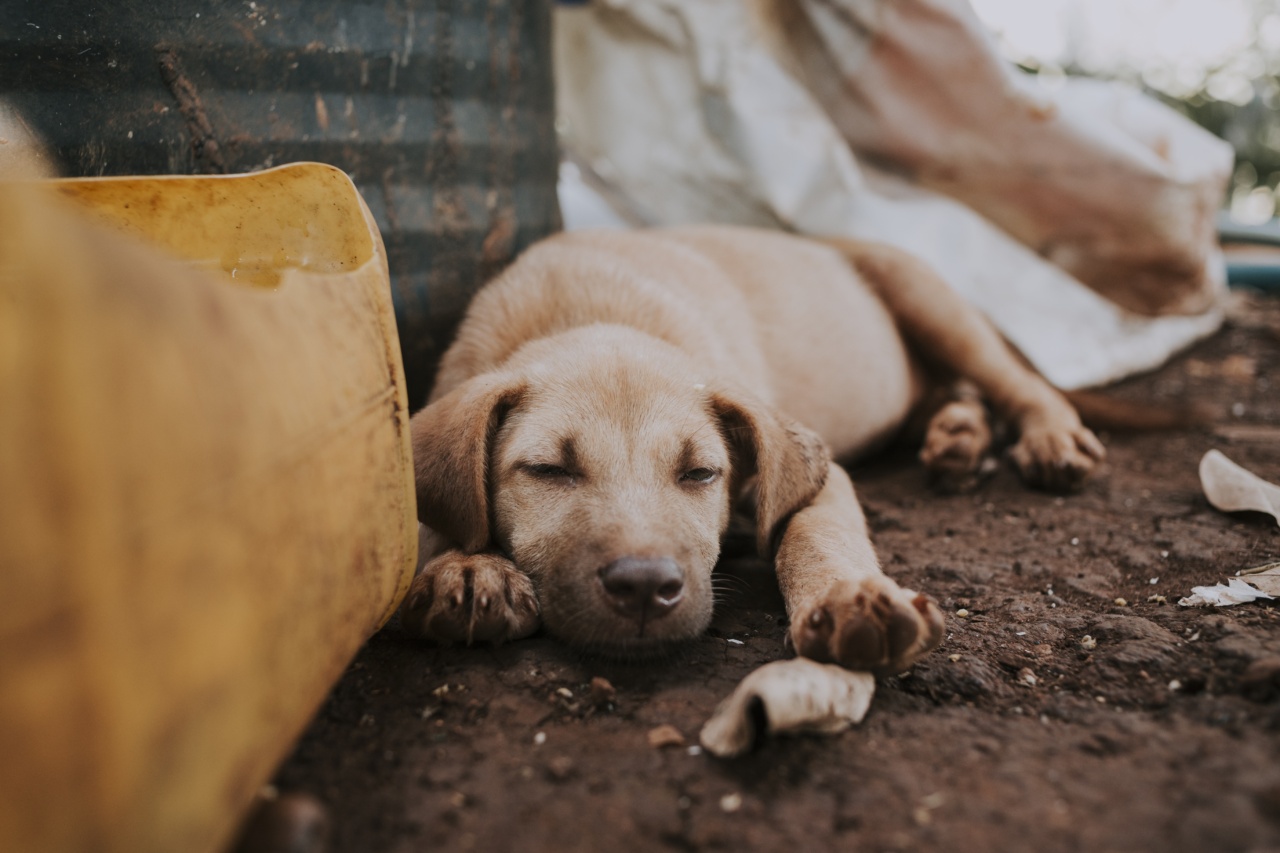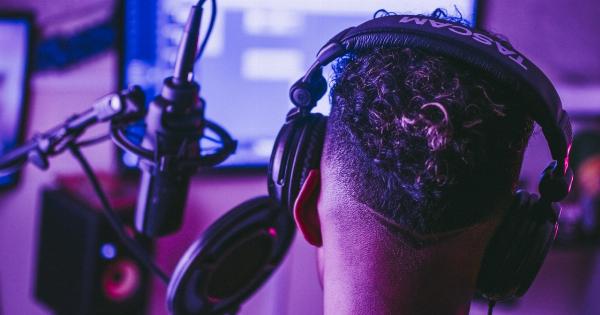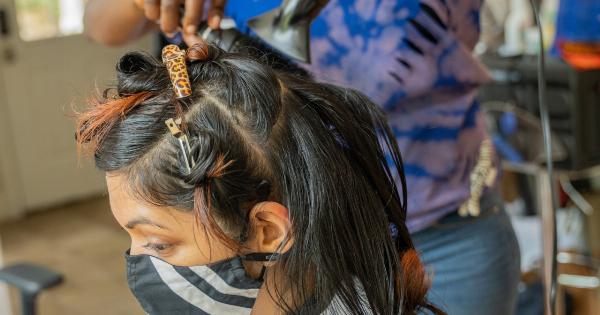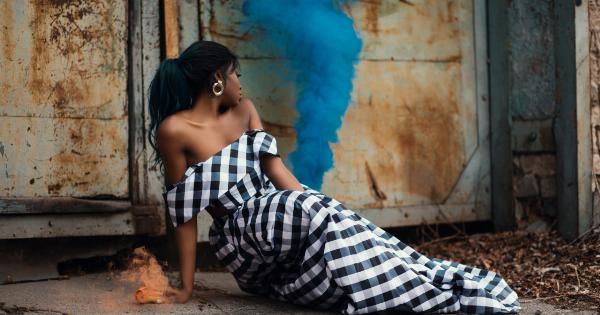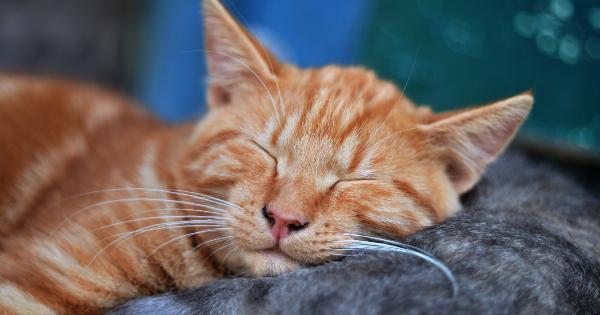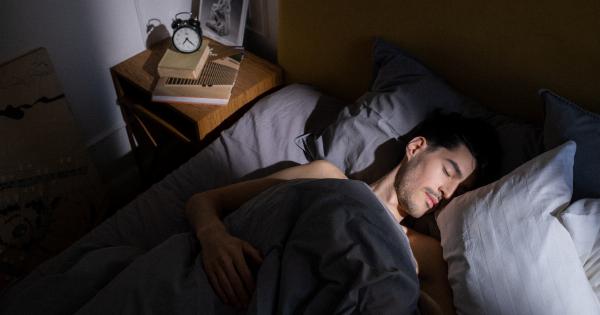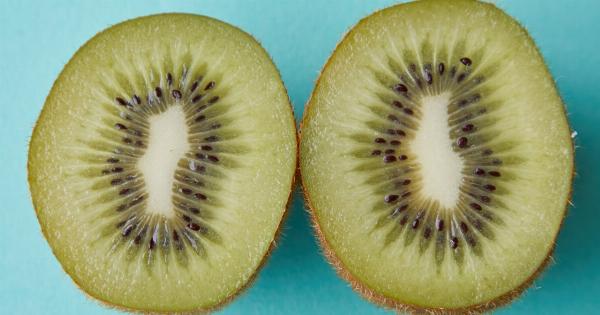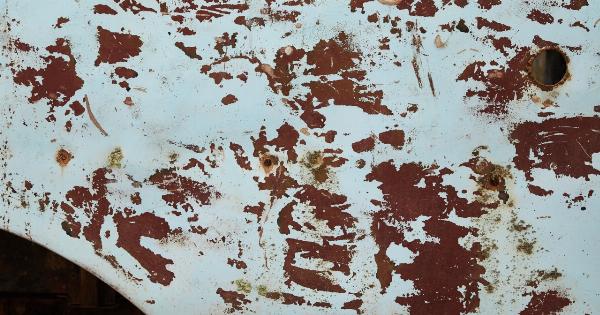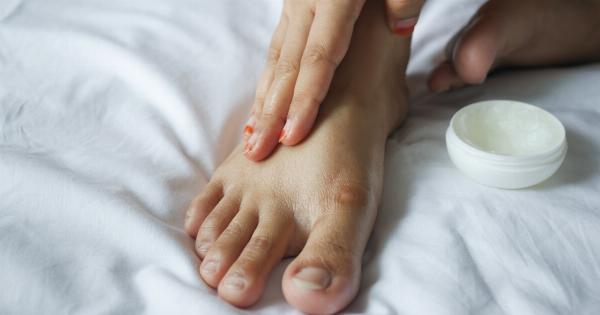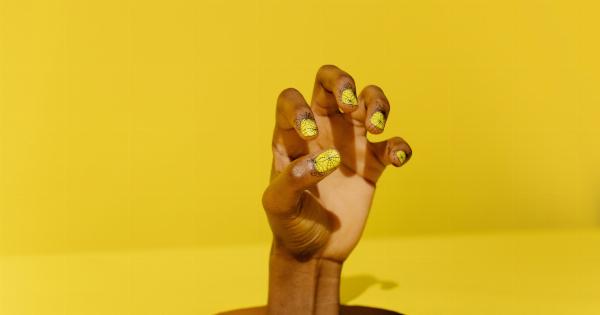It is not uncommon for people to go to bed with wet hair, especially if they do not have enough time to dry it.
While it may seem like you are saving time and energy by skipping the hairdryer, sleeping with wet hair may not be the best practice for your hair’s health.
Why It Could Be Bad
Sleeping with wet hair could lead to a variety of issues such as hair breakage, frizziness, and scalp irritation. Here are a few reasons why:.
1. Hair Breakage
Wet hair is more fragile than dry hair, and your hair is more susceptible to breakage when it is wet.
When you sleep with wet hair, the friction between your hair and pillowcase could lead to hair breakage by pulling your hair strands and tugging at them.
2. Fungal Infection
When you go to bed with wet hair, your scalp is more likely to develop a fungal infection. Fungi love warm and damp conditions, and your wet hair could create a perfect environment for them to thrive.
If you keep sleeping with wet hair, you may end up with a scalp infection that could cause hair loss.
3. Frizziness
Wet hair is more prone to frizziness because it absorbs moisture from the environment, making the individual strands to swell and become coarse.
When you go to bed with wet hair, you are more likely to wake up with frizzy hair that is challenging to manage.
4. Scalp Inflammation
Your scalp is also more susceptible to inflammation when you go to bed with wet hair. The excess moisture could create an environment for bacteria to thrive and cause scalp inflammation.
Scalp inflammation could lead to hair loss and other hair-related problems.
5. Unpleasant Smell
If you sleep with wet hair, your hair may not only get damaged but can also start to stink. The moisture in your hair could create an unpleasant odor that can be difficult to get rid of. It could put off people around you and cause embarrassment.
How to Avoid Sleeping with Wet Hair
To avoid the issues associated with sleeping with wet hair, you should adopt the following habits:.
1. Drying Your Hair Before Bedtime
Dry your hair before going to bed to prevent hair breakage, frizziness, and scalp inflammation. If you cannot use a hairdryer, use a towel to blot your hair gently until it is dry.
2. Change Your Pillowcase
Changing your pillowcase regularly will prevent bacterial growth that may cause scalp inflammation, especially if you sleep with wet hair frequently.
3. Use a Hair Protector
Using a hair protector can help protect your hair from damage while you sleep. It will also help prevent frizziness, and keep your hair as healthy as possible.
4. Tie Your Hair Up
Tying your hair loosely in a bun or ponytail before bedtime could prevent hair breakage and tangling. However, you should avoid using elastic hairbands as they can cause hair breakage or cut off blood flow to your scalp.
Conclusion
Sleeping with wet hair isn’t the best idea for your hair’s health. You could end up with hair breakage, scalp inflammation, and an unpleasant smell.
If you cannot avoid it, try drying your hair before bedtime or using a hair protector to minimize damage.
